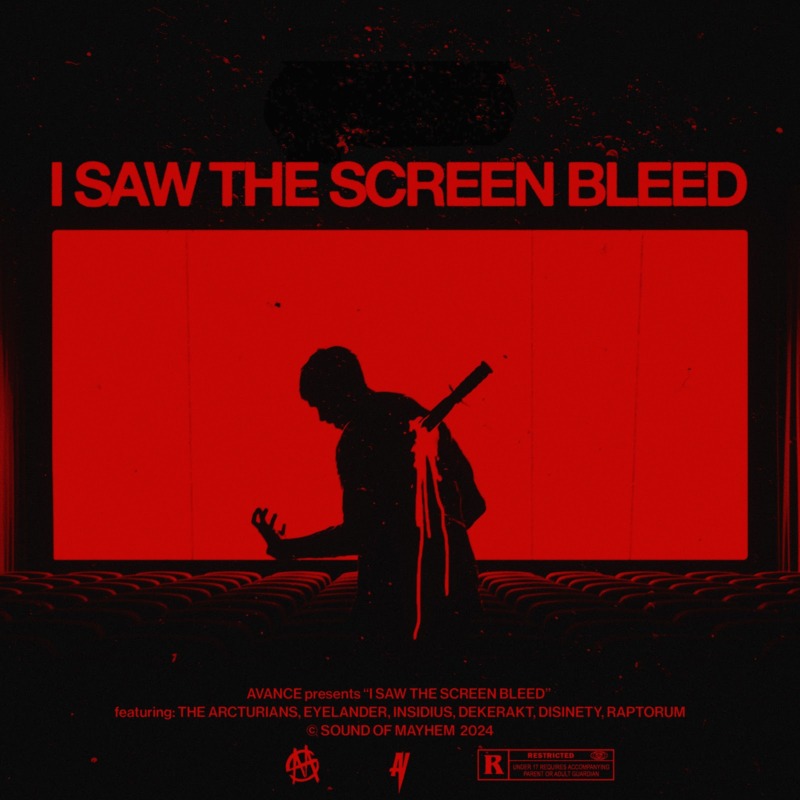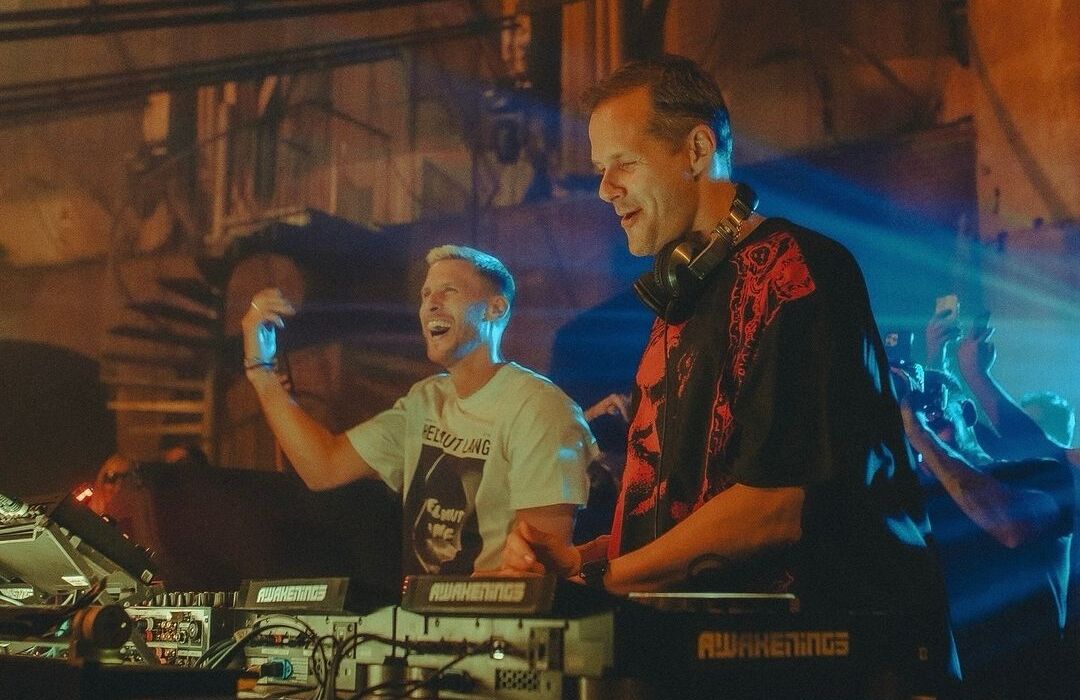While Sword Art Online certainly did not invent the isekai genre -- stories that involve people being transported to other worlds, frequently fantasy-based -- it undoubtedly served to popularize it. Moreover, although the SAO anime premiered in 2012, it continues to be incredibly popular to this day, having received several televised seasons and spin-off shows, while the original light novel series remains ongoing.
That said, for all its popularity, Sword Art Online has a fair amount of detractors as well, with certain elements of the series rubbing plenty of viewers the wrong way. For example, many anime fans point to SAO being a self-serious male power fantasy with a generic yet somehow also god-like protagonist -- one who does nothing to earn either his skills or his harem of female admirers, from the equally-perfect Asuna to his cousin Suguha. Happily, for isekai fans who don’t like Sword Art Online, a number of anime titles steer clear of these issues while putting their unique spin on the genre.
Now and Then, Here and There Depicts the Real Cost of War
While walking home from school one day, the kendo-loving Matsutani “Shu” Shuzo happens upon a girl being attacked by people who pilot dragon-like mechas. When he intervenes to protect her, he is accidentally transported to their world -- a post-apocalyptic wasteland with a dire lack of water, which only the girl, Lala-Ru, has the ability to control using her magical pendant. Trapped in this horrific universe, Shu is faced with the stark realities of a would-be future Earth, where famine, slavery, torture and child exploitation are commonplace.
Now and Then, Here and There (Ima, Soko ni Iru Boku) is a 13-episode anime-original series. Far from depicting a fun or exciting fantasy world filled with magical beings or superpowers, it deals with numerous heavy themes and doesn’t shy away from showcasing some of the worst that humanity has to offer, from rape to conscripting child soldiers. As much a dystopian tragedy as it is a science-fantasy, the adventure aspects of Now and Then, Here and There are very much tempered by its human drama, which isn’t for the faint of heart.
The Twelve Kingdoms Is Classic Epic Fantasy at Its Finest
Nakajima Yoko is a lonely high school student who has never managed to fit in because of her bright red hair. One day, she is suddenly waylaid by a man named Keiki, who bows and swears fealty to her before the school is attacked by a giant bird. Having no option but to accept his protection, Yoko is handed a sword and transported to the Twelve Kingdoms, alongside two of her classmates who are caught up in the chaos. Accidentally separated from Keiki, they must learn to survive as fugitives in a magical land resembling classical China.
Based on a Japanese novel series, the Twelve Kingdoms (Juuni Kokuki) anime is comprised of a single 45-episode season that takes a deep dive into the complex lore and politics of its setting. While many isekai shows revolve around seemingly all-powerful protagonists, those of Twelve Kingdoms, particularly Yoko, undergo major character growth and development, to eventually arrive at a far different place from where they began. In addition, Yoko’s journey is one of a deeply personal nature, so the story is not reliant on any form of romance to sell itself to the audience.
The Devil Is a Part-Timer! Infuses Isekai With Real-World Social Satire
Demon Lord Satan is at the height of his power and on the verge of conquering the world of Ente Isla. However, when his plans are foiled by the Hero Emilia, he has no choice but to escape through a magical portal, which transports him to current-day Japan. Lost in Tokyo alongside his trusted general Alciel, the pair must survive by any means necessary -- including gaining accommodation and paying the bills -- until they can find their way back home. In order to do so, Satan takes the name Sadao Maou and begins working part-time at MgRonald's.
While the majority of isekai shows are about humans being abruptly transported from the real world to a fantasy one, The Devil is a Part-Timer! (Hataraku Maou-sama!) takes the opposite approach, forcing a demon from a parallel universe to make a life for himself on Earth. When it was released, this fish-out-water story became immediately popular for its comedic chops, and it weaves social satire into a tale that subverts plenty of other common anime tropes along the way. Fans of the first season are greatly looking forward to Season 2, which is scheduled for a July 2022 release.
Kamigami no Asobi Is the Ultimate Shojo Parody Isekai
Kusanagi Yui is a third-year high school student who discovers a mysterious glowing sword in her home’s storehouse. Upon touching it, she is transported to a world created by Zeus, King of the Gods. Zeus tells her that the gradually weakening bond between gods and humans will bring about a terrible future; to prevent this, Yui is tasked with instructing the other gods -- Apollon, Hades, Tsukito, Takeru, Balder, Loki, Anubis and Thoth -- in matters of the human heart. Luckily for her, these gods all have the appearance of extremely attractive young men…
The rather underrated Kamigami no Asobi (literally Play of Gods) is a light-hearted romance/reverse harem series based on an otome game, or female-targeted dating sim. Although billed primarily as a fantasy show, the intentionally over-the-top delivery of much of the story and its characters gives it a comedic feel that frequently borders on parody, especially given all the self-aware button-popping, shirt-ripping transformation sequences and purposefully exaggerated romantic tropes, like Thoth’s apparent obsession with the kabedon.
Grimgar of Fantasy and Ash Showcases Isekai Minus the Power Fantasy
A ragtag group of teenagers has been fighting for survival in a world where people must form parties to battle monsters such as goblins, join class guilds, and generally do whatever they must to earn enough money to eat and put a roof over their heads. They have no clear memories of their previous lives, but although these young men and women are all likely from Earth, the world of Grimgar is clearly no game, and the specter of death lurks around every corner.
In many respects, Grimgar of Fantasy and Ash (Hai to Gensou no Grimgar) could be said to be the darker and more emotionally meaningful cousin to Sword Art Online. Broadly speaking, it has a relatively classic feel in terms of its take on isekai with its setting and character roles, but it explores the idea of death and grief far more deeply, and its occasional romantic elements take a backseat to its drama. While not entirely free of unnecessary fanservice, this is one light novel-based series that ends up being far more than the sum of its parts, leaving plenty of viewers desperately hoping for a second season.
About The Author

